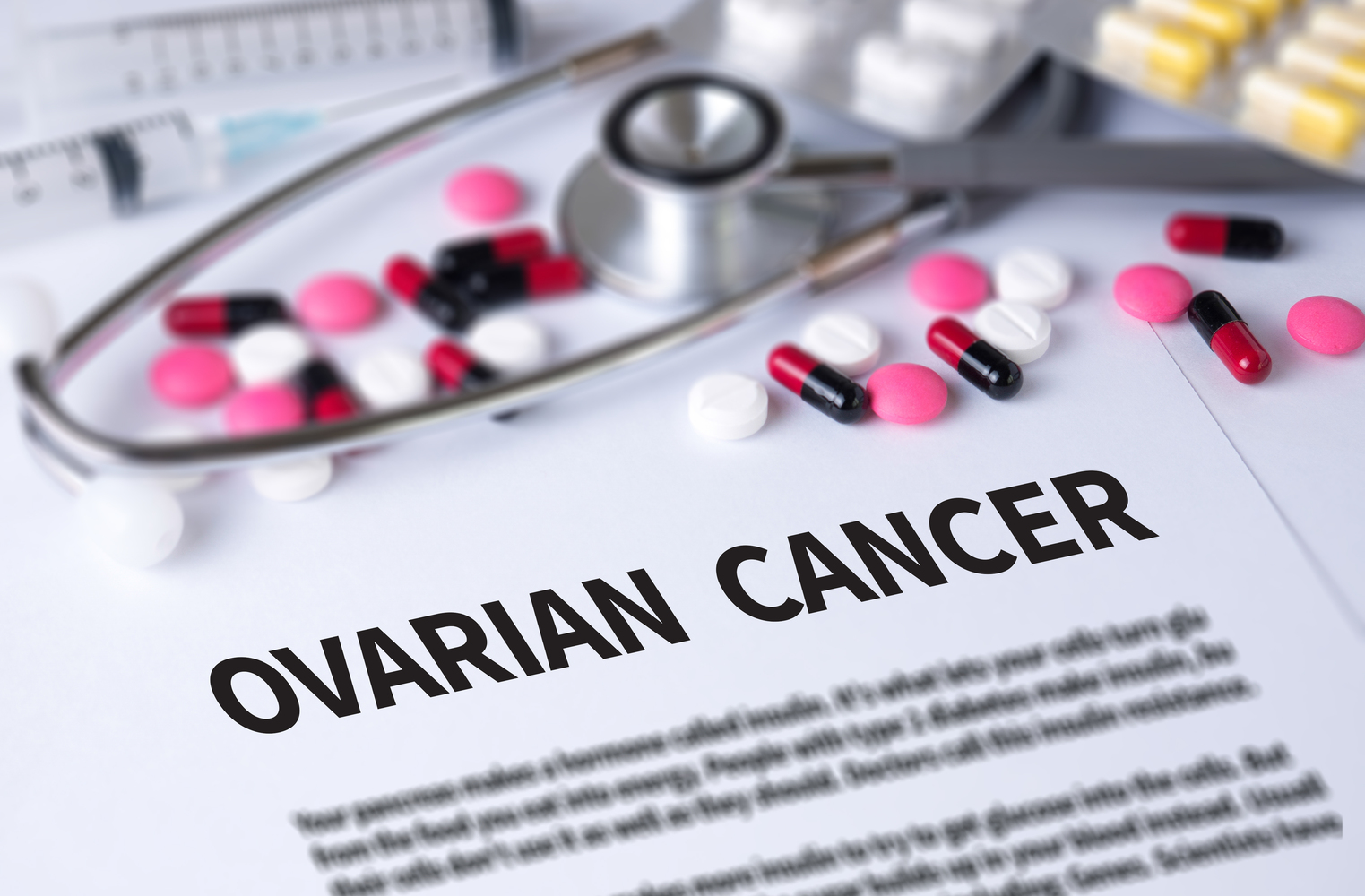Pregnancy and Ovarian Cancer: Risks, Symptoms, and Treatment Options
This article explores the relationship between pregnancy and ovarian cancer, highlighting causes, symptoms, potential risks, and treatment strategies. It emphasizes the importance of early detection and lifestyle modifications for managing ovarian tumors and associated fertility challenges. Understanding these aspects can help women seek timely medical intervention and improve health outcomes related to ovarian conditions during pregnancy.

Pregnancy and Ovarian Cancer: Risks, Symptoms, and Treatment Options
Causes of Ovarian Tumors
Factors leading to ovarian tumors include obesity, irregular menstrual patterns, early onset of menstruation before age 11, infertility issues, hypothyroidism, and use of tamoxifen for breast cancer treatment.
Signs and Symptoms of Ovarian Tumors
The manifestation of symptoms depends on the tumor's size. Small functional tumors are often symptomless, while larger ones can cause complications. Tumors exceeding 12 inches may cause noticeable problems. Common symptoms include:
Lower abdominal pain, especially around the middle of the menstrual cycle, often accompanied by cramps.
Delayed menstruation or irregular cycles.
Unusual vaginal bleeding without a period.
Vaginal spotting or light bleeding outside regular periods.
In rare cases, ovarian tumors may develop into cancer. Most benign functional tumors do not pose this risk.
Ovarian tumors often go unnoticed and are discovered during routine exams. However, complex tumors can present additional symptoms such as:
Pain during intimacy.
Sudden severe pain in the pelvis or lower abdomen.
Irregular or abnormal menstrual patterns.
Nausea, vomiting, and bloating.
Pelvic or abdominal tenderness and distension.
Discomfort during urination or bowel movements.
Vaginal discomfort and feelings of fullness.
Urinary control issues.
Persistent lower pelvic or back pain.
Heartburn and early satiety.
Impacts and Management of Ovarian Tumors
Most ovarian tumors do not impair a woman’s fertility. If conception has occurred previously, future pregnancies are often possible. However, polycystic ovary syndrome (PCOS) can be a complication that hampers fertility. Women with symptoms like obesity, excessive hair growth, and irregular or absent periods might be dealing with PCOS, making conception challenging.
Learn More: Symptoms of PCOS
Addressing PCOS involves maintaining a healthy weight, adopting a balanced diet, and incorporating regular exercise. PCOS disrupts egg development and ovulation, leading to infertility. Most ovarian cysts are functional and result from hormonal shifts during the menstrual cycle. They are generally harmless and often resolve on their own within weeks or with medical treatment. Severe cases may require surgical removal of ovarian cysts.










